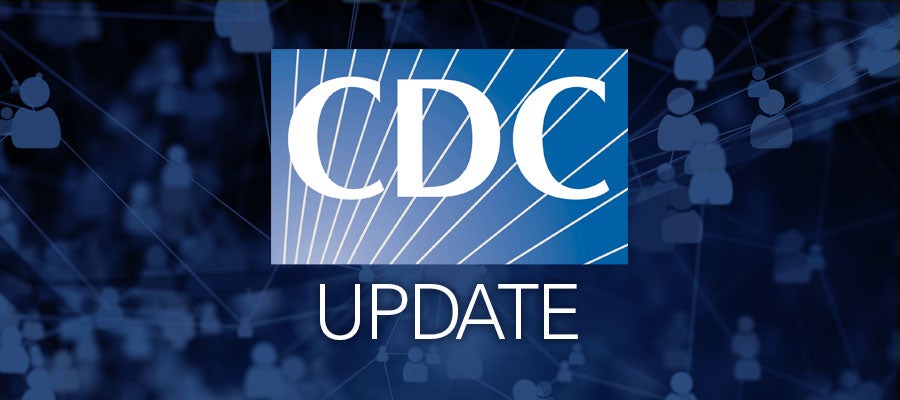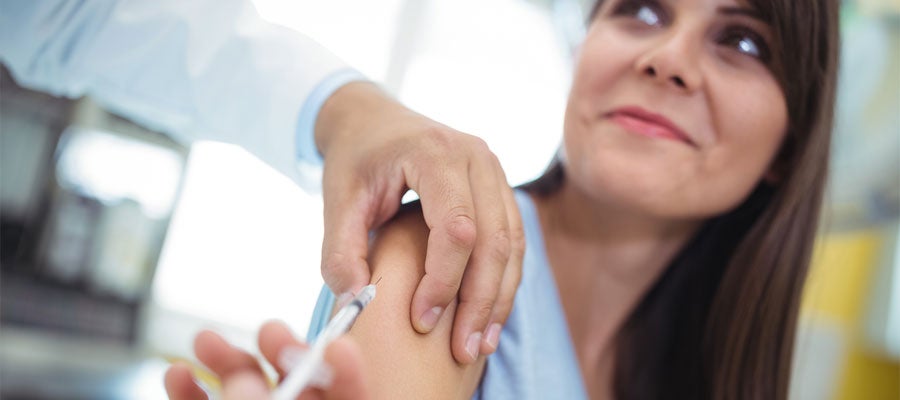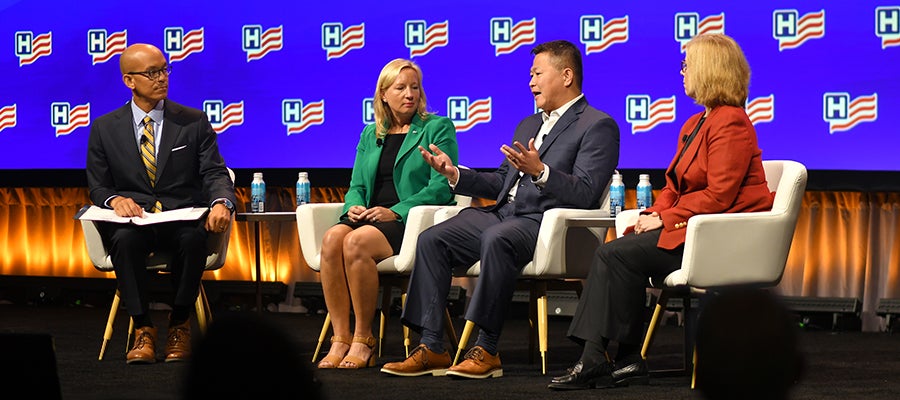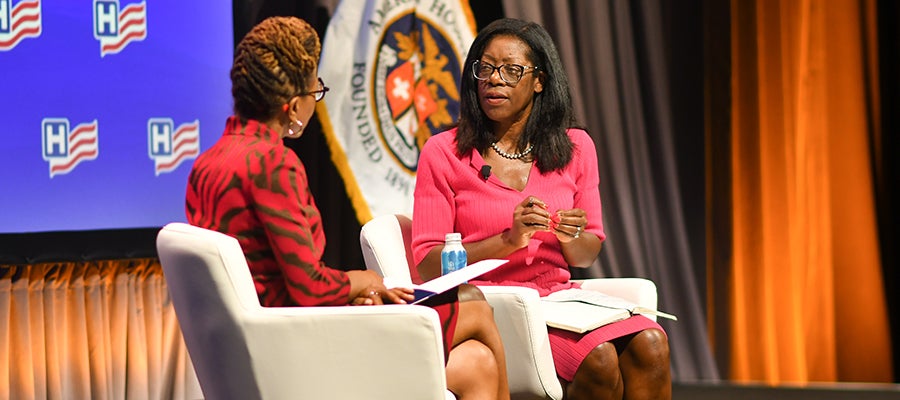Like the COVID-19 pandemic itself, access to protective gear for front-line health care workers is unevenly spread throughout the country. Some hospitals and health systems have adequate supplies of masks, gowns, gloves and other personal protective equipment on hand, while others have much more critical needs.







